
The safety profile of nivolumab plus ipilimumab in the phase 3 CheckMate 8HW trial is comparable with prior reports of each individual agent.

Your AI-Trained Oncology Knowledge Connection!


The safety profile of nivolumab plus ipilimumab in the phase 3 CheckMate 8HW trial is comparable with prior reports of each individual agent.

The pembrolizumab-based regimen in the phase 3 KEYNOTE-756 trial produces a larger pathologic complete response benefit in patients with node-positive disease and higher PD-L1 expression, according to Joyce O’Shaughnessy, MD.

Preclinical research supports the rationale of combining a BDC-1001 surrogate with pertuzumab to target HER2-expressing tumors.

Compared with surgery and radiation, focal therapy improves quality of life as well as decreases financial toxicity for patients with prostate cancer.

A future planned analysis of the monarchE trial may further define how circulating tumor DNA dynamics can help identify patients with hormone receptor–positive HER2-negative breast cancer who are at high risk of recurrence.

Treatment with iparomlimab appears to be tolerable in patients with unresectable or metastatic mismatch repair deficient or microsatellite instability–high solid tumors in a phase 2 trial.

Combining capivasertib with fulvestrant improves time to deterioration compared with placebo plus fulvestrant among patients with hormone receptor–positive, HER2-negative breast cancer in the CAPItello-291 trial.

Partial breast irradiation is associated with lower financial toxicities and fewer AEs in patients with early-stage breast cancer compared with whole breast irradiation.

Future-looking models see a large decrease in the cost of running sentinel lymph node assessments when artificial intelligence is used.

Combining ribociclib with endocrine therapy appears to be effective and tolerable for those with hormone receptor–positive HER2-negative advanced breast cancer, including elderly patients.
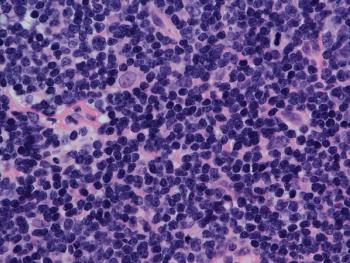
Median overall survival appears to be higher in patients who were previously treated with relapsed/refractory mantle cell lymphoma and who receive brexucabtagene autoleucel compared with standard therapy.
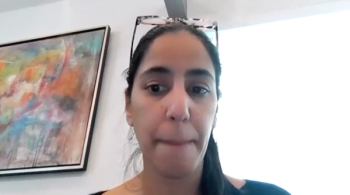
Despite the addition of a TIGIT inhibitor to a checkpoint inhibitor resulting in high levels of safety, there is no future for that combination alone, according to Ritu Salani, MD.

The FDA has set a Prescription Drug User Fee Act date of April 5, 2024 for nivolumab plus chemotherapy in unresectable or metastatic urothelial carcinoma.

Implementing exercise programs into standard oncology care may help improve quality of life for patients with ovarian cancer.
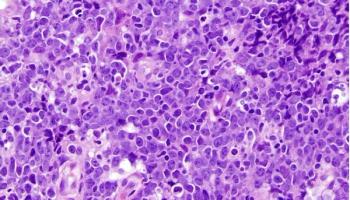
Investigators will assess LP-284 as a treatment for those with B-cell non-Hodgkin lymphoma in a phase 1 trial.

The addition of a TIGIT inhibitor to a checkpoint inhibitor showed numerical improvement but did not show statistical significance in patients with recurrent cervical cancer, according to Ritu Salani, MD.
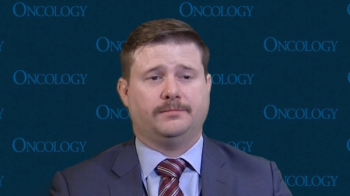
Surgery after neoadjuvant immune checkpoint inhibitor therapy for renal cell carcinoma is safe even in challenging surgical cases, according to Jason Scovell, MD.
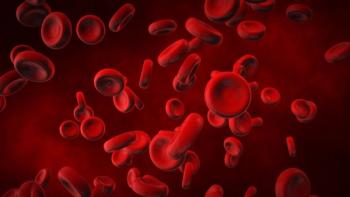
Treatment with blinatumomab or inotuzumab ozogamicin particularly confers higher total costs for patients with relapsed/refractory B-cell acute lymphoblastic leukemia.

The safety profile of venetoclax following allogeneic hematopoietic stem cell transplantation in patients with chronic lymphocytic leukemia appears to be comparable with other reports in clinical trials.

Govindarajan Narayanan, MD, speaks to the potential time-saving advantages of using the Epione robot for microwave ablation, cryoablation, and other surgical strategies in patients with liver cancer and other tumors.

If approved, UGN-102 may become the first non-surgical option for patients with low-grade intermediate-risk non–muscle invasive bladder cancer, says Sandip Prasad, MD.
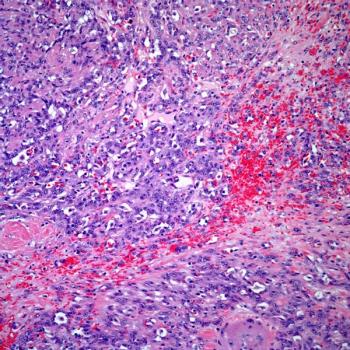
Data from the phase 3 CS-003 study underscore the importance of long-term follow-up findings with novel therapies for high-grade non–muscle-invasive bladder cancer, says Stephen A. Boorjian MD.
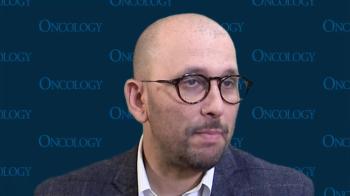
African American and Hispanic patients with clear cell renal cell carcinoma may be less likely to receive treatment with immune checkpoint inhibitors than White patients, says Solomon Woldu, MD.

Patients receiving neoadjuvant chemotherapy plus radical nephroureterectomy for upper tract urothelial carcinoma appear more likely to experience nodal downstaging.

Patients with chronic lymphocytic leukemia and small lymphocytic lymphoma can now receive treatment with pirtobrutinib.
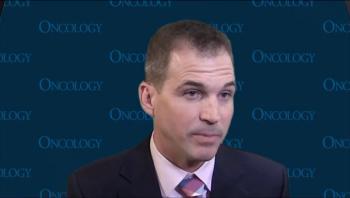
Cretostimogene grenadenorepvec’s efficacy compares favorably with the current nonsurgical standards of care in high-risk, Bacillus Calmette Guerin–unresponsive non-muscle invasive bladder cancer.
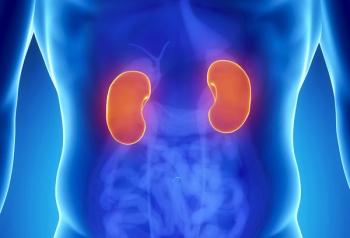
Findings from a retrospective analysis indicate that treatment in non-academic cancer centers correlates with a decreased rate of immunotherapy use among patients with advanced clear cell renal cell carcinoma.

The FDA accepts the supplemental biologics license application for enfortumab vedotin-ejfv and pembrolizumab in patients with urothelial cancer following supporting data from the phase 3 KEYNOTE-A39 trial.
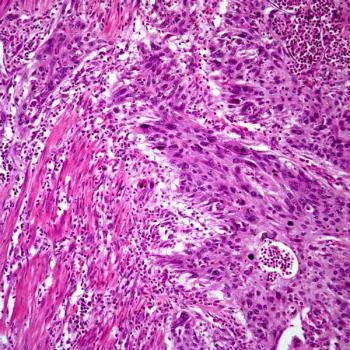
More than half of the patients with non–muscle-invasive bladder cancer in the BOND-003 trial achieve a complete response at 6 months following treatment with cretostimogene grenadenorepvec.
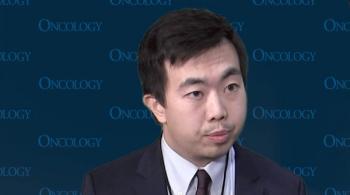
Artificial intelligence models may be “seamlessly incorporated” into clinical workflow in the management of prostate cancer, says Eric Li, MD.